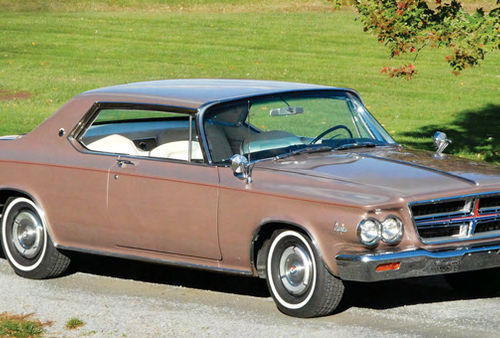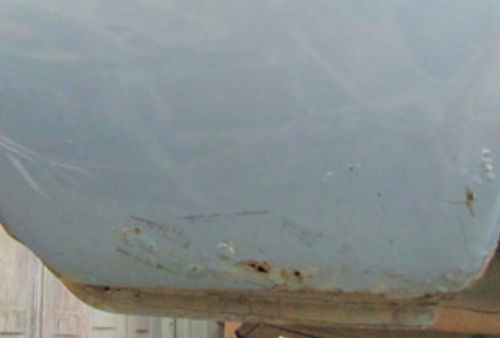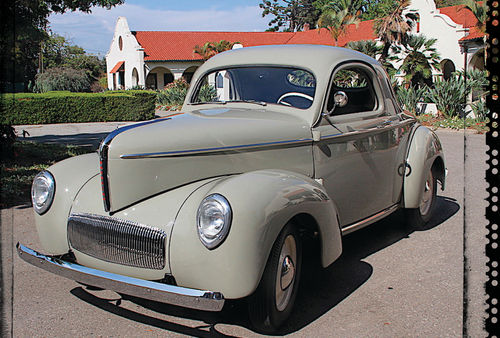This rebuilt engine gets poor MPG
Question:
A valve broke and ruined a cylinder head and broke a piston on my friend’s 1969 Ford Torino with a 351 cid Windsor engine. The engine had over 180,000 miles on it so he bought a rebuilt 351 Windsor short block from an auto parts supplier, another cylinder head, and had the valves ground. It runs good but the car only gets 10 miles per gallon while the old engine got 20 miles per gallon. He has tuned the engine, put a new 2-bbl carburetor on it but he still gets only 10 miles per gallon. The car has air conditioning, power brakes and a C6 automatic transmission, but the air conditioning was not hooked back up. Can you shed any light on this problem?
Answer:
If I understand you correctly, the only thing that has changed is the engine so I’ll assume the various other things that could adversely affect fuel economy, such as tires, transmission and so on, are not part of the problem.
One factor that can cause a newly rebuilt engine to get poor mileage is excessive internal friction from tight clearances. All engines expend some amount of their own power to overcome internal friction and rotate their internal parts. As far as how much power is required to do those things, there’s normally a big difference between an engine that has traveled 180,000 miles and an engine that’s newly rebuilt.
You don’t say anything about the camshafts in the old engine or the new one. Cam specifications can dramatically affect fuel mileage and a difference between the specs of the old cam and the new one may go a long way in explaining the dramatic drop. The same is true for the carburetor—the new carburetor may be less efficient than the old one. Have you checked the new engine’s manifold vacuum? A vacuum leak can adversely affect fuel economy.















